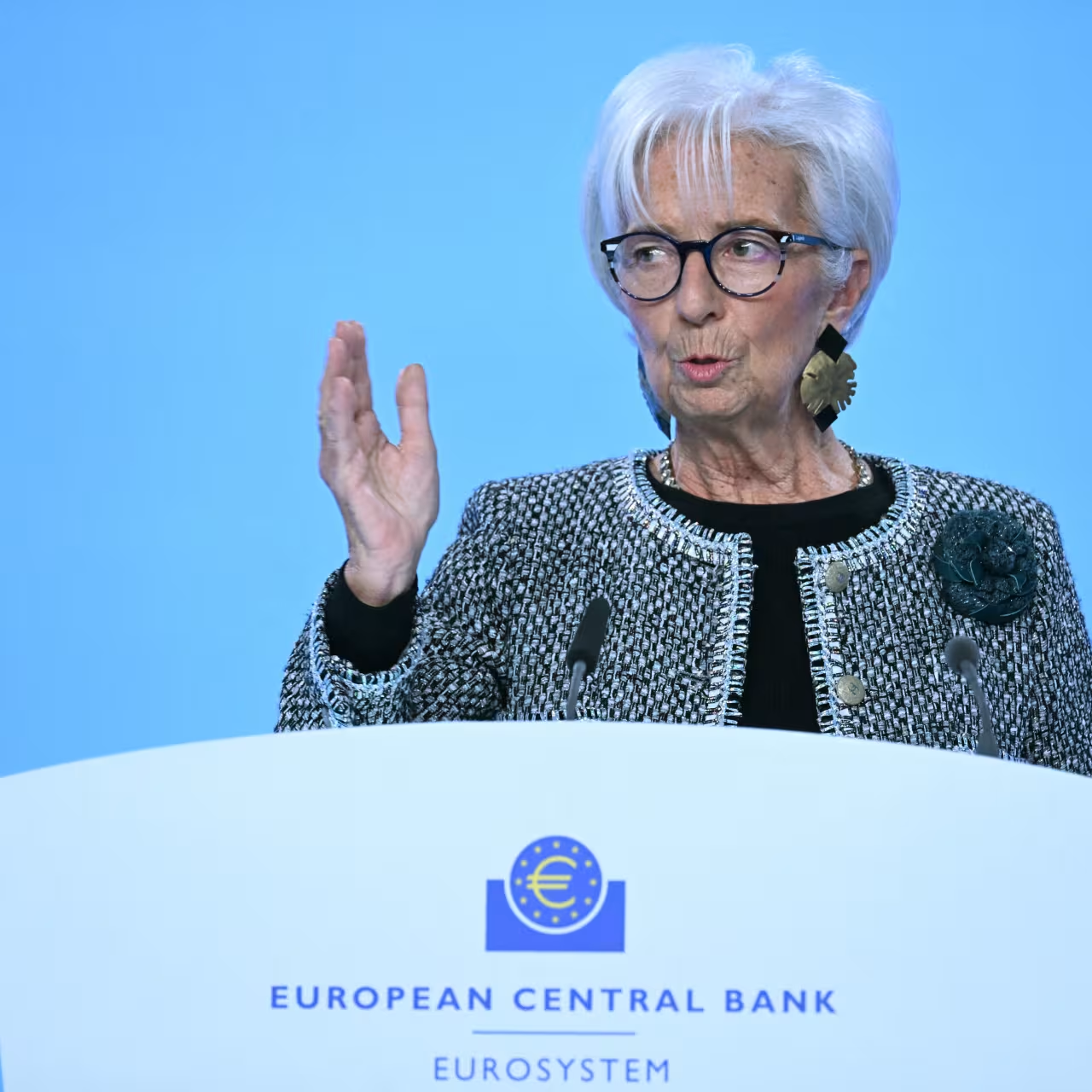
AUTO LOANS

OFFSHORE INVESTMENTS

MORTGAGE LOANS

MUTUAL FUNDS

PROJECT FINANCING

COMMODITIES INVESTMENTS

BONDS

STOCK INVESTMENTS

Europe leaps while US lags in new Green Central Banking Scorecard
Several of Europe’s central banks have made major progress in using the tools at their disposal to address the climate crisis, according to the new Green Central Banking Scorecard, but the US continues to languish near the bottom of the table of G20 economies.
France tops the table for a third time, followed by Germany and Italy – all of them leaping up by at least 26 points in their overall score and achieving final grades of B+. At the other end of the ranking, Argentina and Saudi Arabia both scored an F, indicating that their central banks have taken minimal or no action to help tackle climate change or biodiversity loss. The US and Turkey came just above, both scoring a D-.
Now in its fourth edition, the scorecard tracks the progress made by G20 central banks in the research they have produced and the extent to which they set a good example to financial institutions with their environmental efforts, as well as advances in monetary and financial policy.
Zack Livingstone, senior researcher at advocacy group Positive Money which produced the scorecard, described the lack of action by the US Federal Reserve as “a global cause for concern”.
“No matter how you look at the data, the US has a major share of responsibility for the global crisis we’re facing. At the same time, it has only achieved a D- grade and is ranked 17th among the G20. It’s ranked far below other G20 countries facing greater challenges, with a far lower historical impact on the climate.”
China remains in sixth place while progressing from a C grade to C+, while Brazil and South Africa have both notched up double-digit increases in their point scores, finishing fifth and twelfth respectively.

The scores for each country are based on literature reviews, consultation with experts in the field, and exchanges with staff within central banks and supervisory institutions as well as quantitative data.
The report’s recommendations include the implementation of green lending schemes, greater action on “climateflation”, and a widened focus on environmental risks beyond the climate, such as threats to biodiversity.
Theo Harris, an assistant researcher at the New Economics Foundation who reviewed the report before its publication, said the recommendations were “eminently feasible”.
“Central banks have the power to make these changes, and they generally don’t require any changes to their official mandates,” Harris told Green Central Banking. “Addressing climate change and nature loss is absolutely necessary for preserving financial stability and controlling inflation.”
Words vs action
Livingstone said the high scores of several European countries reflected progress made at the EU-level by the European Central Bank and European Banking Authority.
But he said a strong performance by the EU and its member countries was to be expected given the lack of a level playing field in the global monetary system, noting that Brazil managed to achieve “a comparable score with the EU despite also being relatively disadvantaged due to international imbalances”.
Asked which recommendation he believed should be the focus for central banks in the coming years, Livingstone said that recognising the role of climateflation – climate change as a driver of inflation – was “critical”.
“Once the decision to tackle climateflation is made, that gives central banks a strong basis of taking broader actions on climate that the scorecard calls for,” he said.
Leave A Comment
Copyright © 2025. OMNIS TRUST CAPITAL All Rights Reserved.



1 Comment
Rohan De Spond
August 7, 2024
There are many variations of passages of Lorem Ipsum available, but the majority have. There are many variations of passages of Lorem Ipsum available, but the majority have